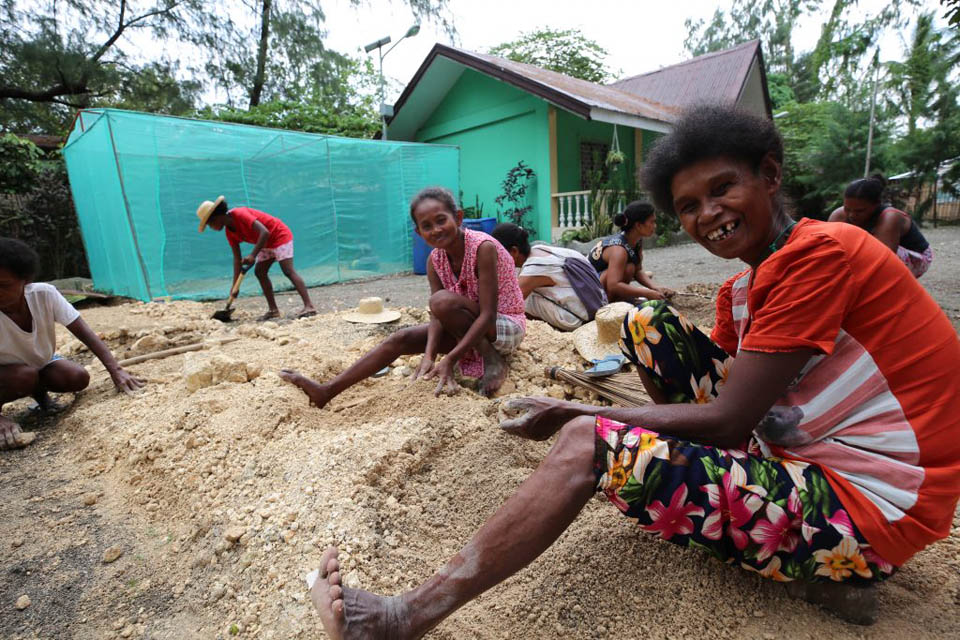
“The Aetas of Boracay must also benefit once the island reopens in October.”
This was according to Agriculture Secretary Emmanuel Piñol who urged the Ati tribe members of Brgy. Manoc-manoc in Malay, Aklan to transform their 2.1 hectare-ancestral domain into an agri-tourism site.
“We want to uplift their lives and provide them access to government interventions,” the Secretary said.
The agri chief initially committed P2 million financial support to the Indigenous People (IP) and women’s groups of Boracay through the Survival Recovery (SURE) credit program of the Department of Agriculture (DA) thru the Agricultural Credit Policy Council (ACPC).
Under the credit facility, close to 80 families and households will each receive P25,000 to be used in the development of sustainable community livelihood projects.
“Aside from that, we also offer P5,000 up to P50,000 financing with only six percent interest rate every year under the Production Loan Easy Access (PLEA) program,” he explained.
Piñol also urged the tribe members to establish an organic vegetable garden, with the assistance of the Agricultural Training Institute.
For this, the DA’s Regional Field Unit 6-High Value Crops Development Program of had already delivered sets of garden tools including water sprinklers, UV film, spade and spading fork, plastic drums, assorted vegetables seeds and other planting materials.
DA will also set up two solar-powered greenhouse facilities to enable tribe members to produce organic vegetables, which they can supply to restaurants, particularly to the proposed “Tumandok Eatery” that will offer tourists indigenous-organic dishes.
The Secretary added that a dairy goat farm may also be established in the community to enable them to produce milk products, which they can sell to the restaurants in Boracay. Piñol also proposed that a tribal-designed hostel–“Baeay Palahuwayan”–with at least 20 rooms, an agricultural training center and learning facilities be established in the area.
On top of all the interventions and commitment, Piñol directed the National Food Authority to sign up the Ati tribe as a registered rice retail outlet to give them an extra source of income, as well as provide the locals with more affordable rice.
“Ang bugas sang gobyerno para sa pobre indi sa mga negosyante,” Piñol underscored. (The rice of the government is for the poor not for the traders.) ### (Region 6 RAFIS)














